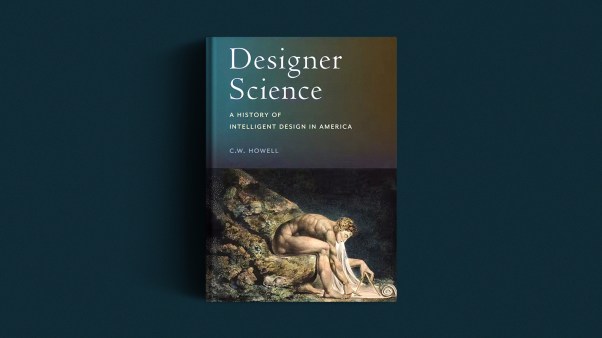For the vast majority of history, human beings have exercised limited power over nature. With the advent of modern industry and globalization, however, this power has grown swiftly, often resulting in great environmental abuse. In Living with Other Creatures: Green Exegesis and Theology (Baylor University Press), Richard Bauckham writes for the church in this context, mining the Scriptures and the richness of Christian tradition for instruction on creation care. Bauckham’s aim is not to address specific environmental problems. Nevertheless, his book does presuppose the reality of climate change, unsustainable consumption, and the imminent extinction of various species.
At the outset, Bauckham reminds the reader that, as Creator, God delights in and cares for all creation. He contrasts the Enlightenment’s human-centered project to conquer nature with the Bible’s God-centered outlook. In recent centuries, Christians have tended to isolate “dominion” passages like Genesis 1:26-28. As Bauckham argues, however, God did not create the world and other creatures strictly for human use. The concept of dominion implies responsibility and caretaking, much in the way that a king is commanded to respect and treat his subjects as brothers and sisters (Deut. 17:14-20). Bauckham, though, wants to move beyond even the notion of stewardship. He wishes to recover the biblical view of human solidarity with the rest of creation by establishing creation’s own inherent value.
In the Genesis account, God creates human beings on the same day as other land-dwelling creatures. Bauckham affirms that human beings are more valuable than other animals (Matt. 6:26), but he argues that the distinction between them cannot be absolute, since they share the same maker and provider. God’s careful piecing together of the created order highlights the interdependence of humanity and nature, and thus the mandate to coexist with other creatures. While God made human beings in his image, they, like the rest of creation, also exist to glorify God. This, Bauckham contends, is one reason why God instructs Noah to preserve species that otherwise would have perished (Gen. 6-8).
Bauckham sees the Jewish Sabbath as an occasion for God to restrain humanity’s economic drive. By commanding a division of harvests between man and beast (Lev. 25:6-7), the Sabbath year reminded human beings of their appropriate place within the created order, and their dependence upon the One who endowed the land with its fertility. Humanity—despite great progress in scientific understanding and technological prowess—remains incapable of managing the planet on its own.
The Psalms testify often to the splendorous diversity of creation, which God delights in sustaining (Ps. 147:9). Like the birds of the air, human beings are to live by radical faith in the Father’s provision. Jesus, however, was referring not to the wasteful excess so prevalent in contemporary culture, but to basic needs. Bauckham warns that our runaway consumption threatens not only other species but also many humans in other areas of the world.
That Scripture reveals all of creation giving praise to God is Bauckham’s central theme. The prophecy in Revelation of creation’s unified praise of God is not a doomsday forecast, but a foreshadowing of total renewal. Humanity is to worship with all creation, welcoming its participation in the sounding of God’s universal anthem of glory (Rev. 19:1). In the meantime, Bauckham implores Christians to go about their labors in such a manner as would please their master upon his return.
Bill Walker is a doctoral student in philosophy of religion and theology at Claremont Graduate University.
Copyright © 2011 Christianity Today. Click for reprint information.
Related Elsewhere:
Living with Other Creatures is available from Christianbook.com and other retailers.
Previous Christianity Today articles on creation care include:
A Covenant with the Earth | Why the work of Christ makes all the difference in our care of creation. (October 14, 2010)
How Concerned Should Christians Be About Environmental Care?| Jonathan Meritt, Al Mohler, and Carl Beisner discuss how high a priority the environment should be for Christians. (June 30, 2010)
The Gulf of Mexico and the Care of Creation| We exercise dominion over creation not only when we use it, but also when we conserve it. (May 3, 2010)
Humans in Creation: Another View| Nature’s enduring value is not in what it can provide us. (April 29, 2009)
CT also has more music, movies, books, and other media reviews.










